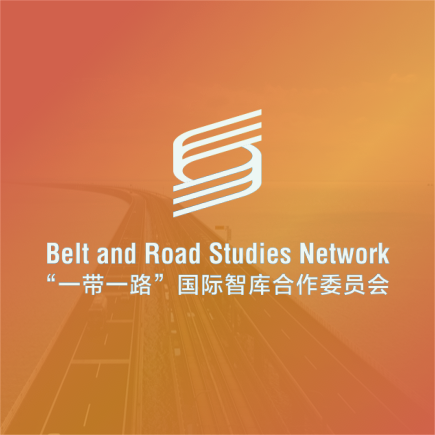
Jusuf Wanandi, Vice Chair, Board of Trustees, Centre for Strategic and International Studies (CSIS) Foundation, Indonesia
Speech at BRSN in Beijing on April 24, 2019
The initiative of Belt and Road Studies Network (BRSN) has been very important and timely in our efforts to develop further Belt and Road Initiatives’ (BRI) program and strategy. The strategy of BRI is encompassing a huge area of Eurasia, both on land and the sea, and will also include not only infra-structure, but also trade, finance, and people to people relations.
It needs therefore a lot of ideas and studies how to implement them. So think tanks are very important to come with ideas and doing the studies necessary. Some emerging economies might not have the capacities to do the studies on their own for participating BRI and some help from BRI, for assistance and support might be needed here. Think Tanks role are critical.
In the case of Indonesia, CSIS has done studies together with the Development Research Center (DRC) of the State Council, for Indonesia’s participation. The studies has been very useful to the Indonesian and Chinese governments and become an important input for their cooperation. It also has been able to show to Indonesia’s public opinion, which has been earlier critical of BRI, to accept and support the idea.
China came up with a new initiative for Asia by establishing the Asian Infrastructure Investment Bank (AIIB) to finance and cooperate in infra-structure building for the region. On the global level, China created the Belt and Road Initiative (BRI), to establish a new venture on global strategic cooperation in the fields of infra-structure, finance, trade, and people to people cooperation along the traditional Silk Road at sea as on land. It is not meant to supplant the existing international order, but rather to bring about new initiatives for global cooperation to complement them. Thus, China is not a revisionist power as she benefitted so much from the current order.
China is basically still a status-quo power as shown by its membership in trade regimes such as the World Trade Organization (WTO), Asia Pacific Economic Cooperation (APEC) and ASEAN-based regional cooperation’s, such as the ASEAN Regional Forum (ARF), ASEAN Defence Minister's Meeting+ (ADMM+), and East Asian Summit (EAS).
In fact, the BRI idea proposed by President Xi in 2013, could be the way for us to fill the lacunae or gaps by President Trump with his “America’s” first strategy in 2017, and make the international system again as perfect as possible. For this to happen, the BRI that started as a cooperation scheme between China and developing countries in Asia, Europe and Africa, should seek to engage the developed countries, which is now being done. Only then can BRI serve as a force of global cooperation and integration, to maintain the global system as best as possible.
And the alignment of BRI with existing international cooperation is of critical importance to its functioning as reinforcement of international order. May I again welcome the idea and its implementation: the creation of the Belt and Road Studies Network (BRSN). And I am proud to be part of it.
DISCLAIMER
The views expressed in this article are entirely those of the author(s) own, and not those of the Belt and Road Studies Network (BRSN).
今年1月,新冠疫情突然而至。为了防止疫情扩散,我国采取了史无前例的交通阻断及人流限制措施,这也为我国农业农村经济发展带来了巨大挑战。

A New Model for Human Advancement and Its Global Significance
2024-11-11